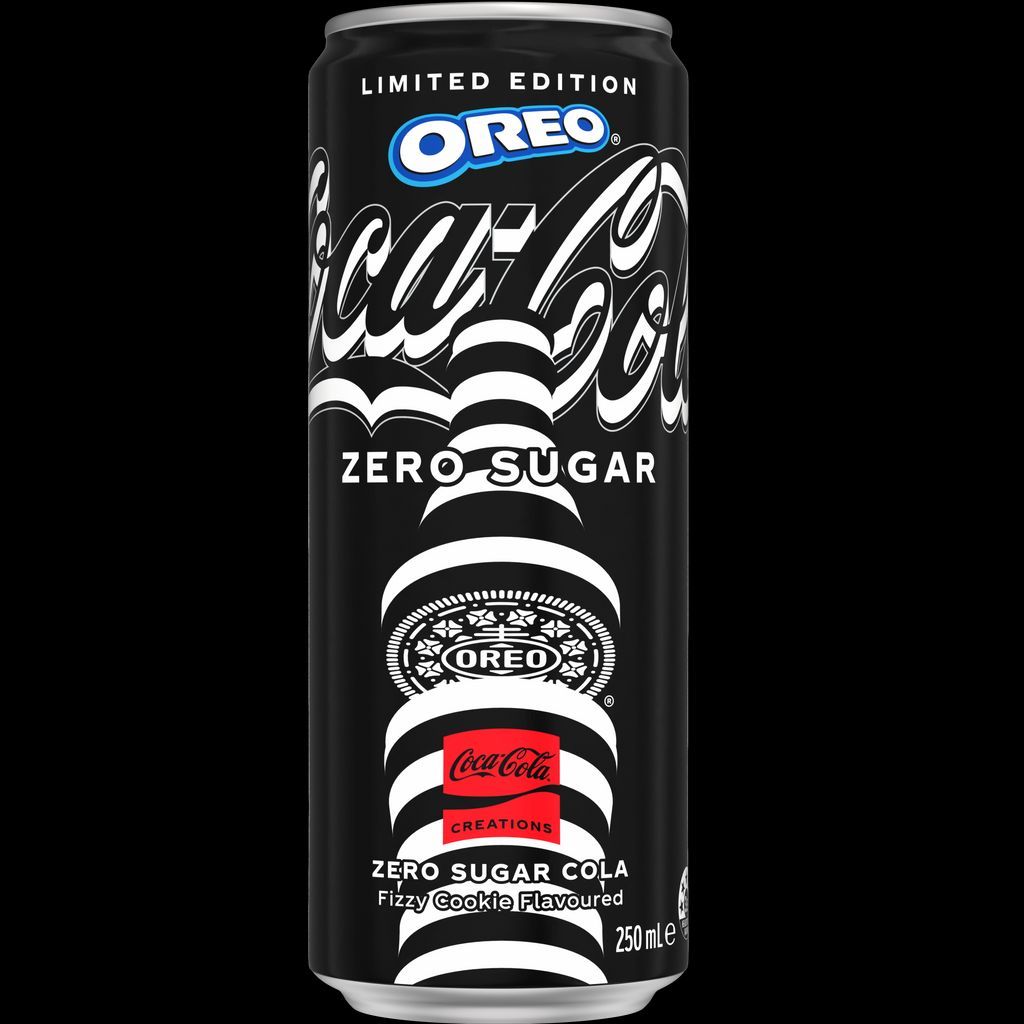

Image by DALL·E Pic: Midjourney
Editors' Note: Many Fast News images are stylised illustrations generated by Dall-E. Photorealism is not intended. View as early and evolving AI art!

News interest declines,
Meta defends its role in news,
Seeks sustainable growth.

Meta cites '2.3 billion free clicks' sent to Australian publishers, denies responsibility for 'long standing issues' facing news industry
Meta has responded to criticism of its decision to cease news funding for Australian publishers, asserting, amongst other claims, that it is not responsible for solving the "long standing issues facing the news industry".
In a blog post shared to social publishing site Medium, the tech giant outlined six 'facts' that have informed its concerns with the News Media Bargaining Code.
It argued that publishers benefit from distributing content on Meta and Facebook, estimating that the Facebook Feed alone sent Australian publishers "more than 2.3 billion free clicks", "driving an estimated (AUD) $115 million worth of value" for "no charge".
The facts outlined by Meta are as follows.
Fact 1: People are interested in new types of content and formats.
"The truth is that interest in news is declining on our platforms and that our audiences are engaging with different types of content. Since 2021, there have been significant changes in the types and categories of content that people are consuming across our family of apps," said Meta. "Links to news stories are a very small proportion of that - less than 3% percent of the content people see in their Facebook Feed."
Fact 2: News is not the reason people use Facebook and Instagram.
"As a content type on Facebook, news is highly substitutable. We have observed that when there is less or no news on our platforms, people continue to use our services. However, much of the recent public debate suggests that Facebook needs or unfairly benefits from news content, including financially. This isn't the case. Meta is a commercial business and it is in our interest to continue to create products and services that help us grow and be successful. The reality is that accessing news is simply not the reason most people use our services," said Meta. "We've seen this recently in Canada where we ended news availability in August 2023. People still come to Facebook even without news on the platform. Just as the number of people around the world using our technologies continues to grow, the number of daily and monthly active users on Facebook in Canada has increased since ending news availability."
Fact 3: Meta provides value to news organisations through our free services.
"News organisations choose to share their content on Facebook and Instagram. By taking advantage of this free distribution news businesses can grow their audiences, sell more subscriptions and boost ad revenue. Publishers keep 100% of the revenue from traffic and subscriptions derived from outbound links on Facebook," said Meta. "Ultimately, there is a misunderstanding of how news content works on Facebook. Some have accused Meta of "taking" or "stealing" news content but that's not the case. We don't scrape or pull content from publisher websites, unlike other companies. We provide a free service which publishers voluntarily choose to use and can benefit from."
Fact 4: Users' feed experience is tailored to their preferences.
"There have been claims disputing that news content makes up just 3% of content shown in Feed and that Meta isn't reflecting the reality of what users see in Feed. Given the volume of content shared online, Facebook's Feed is created to allow people to have their own personal experience."
Fact 5: Meta is committed to keeping our platforms safe.
"There are claims that our decision to not renew commercials news deals means that news content will be replaced with misinformation or harmful content. As we outlined in our recent newsroom post, there is no change to publishers' ability to use Facebook and Instagram. Ultimately, we're focused on building the best experiences for our users and ensuring the strength of our core business. This includes our ongoing commitment to keep misinformation and harmful content off our services, through our global fact-checking program - which includes 90 organisations fact checking in 60 languages - and our own Community Standard rules."
Fact 6: Global tech companies cannot solve the long standing issues facing the news industry.
"It's been well-documented that the traditional news industry and sustainability of public interest journalism has faced challenges over the past two decades. New technology has emerged, consumer behaviour has changed, and the digitisation of advertising and changes to classifieds ads has seen old traditional business models impacted. But forcing technology companies into commercial relationships will not solve the long-term challenges facing public interest journalism or encourage the news industry to develop sustainable business models."
Meta reiterated that it does not see the News Media Bargaining Code as the right solution to the challenges faced by the news industry, and intends to continue engaging the government on this topic.










